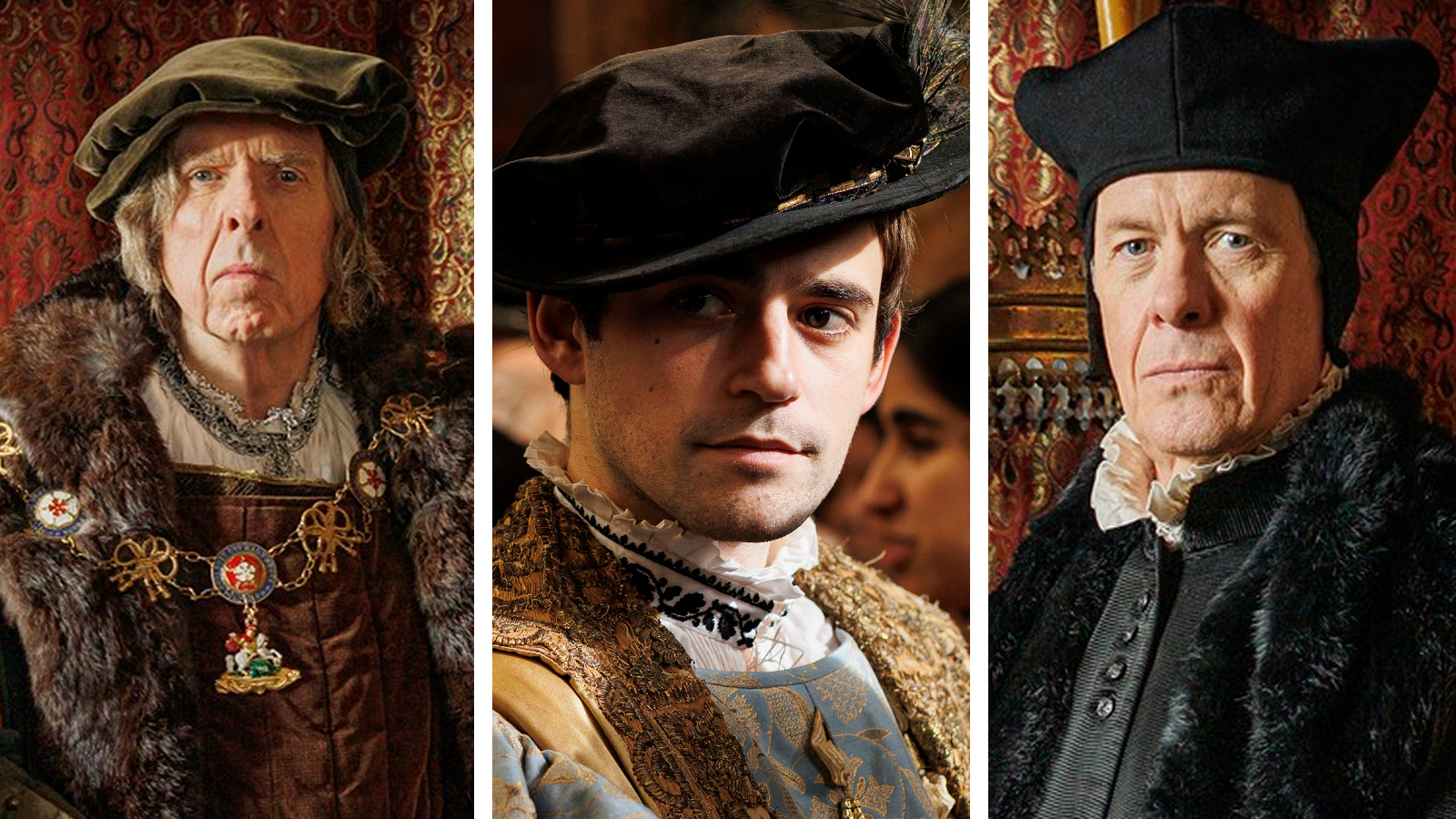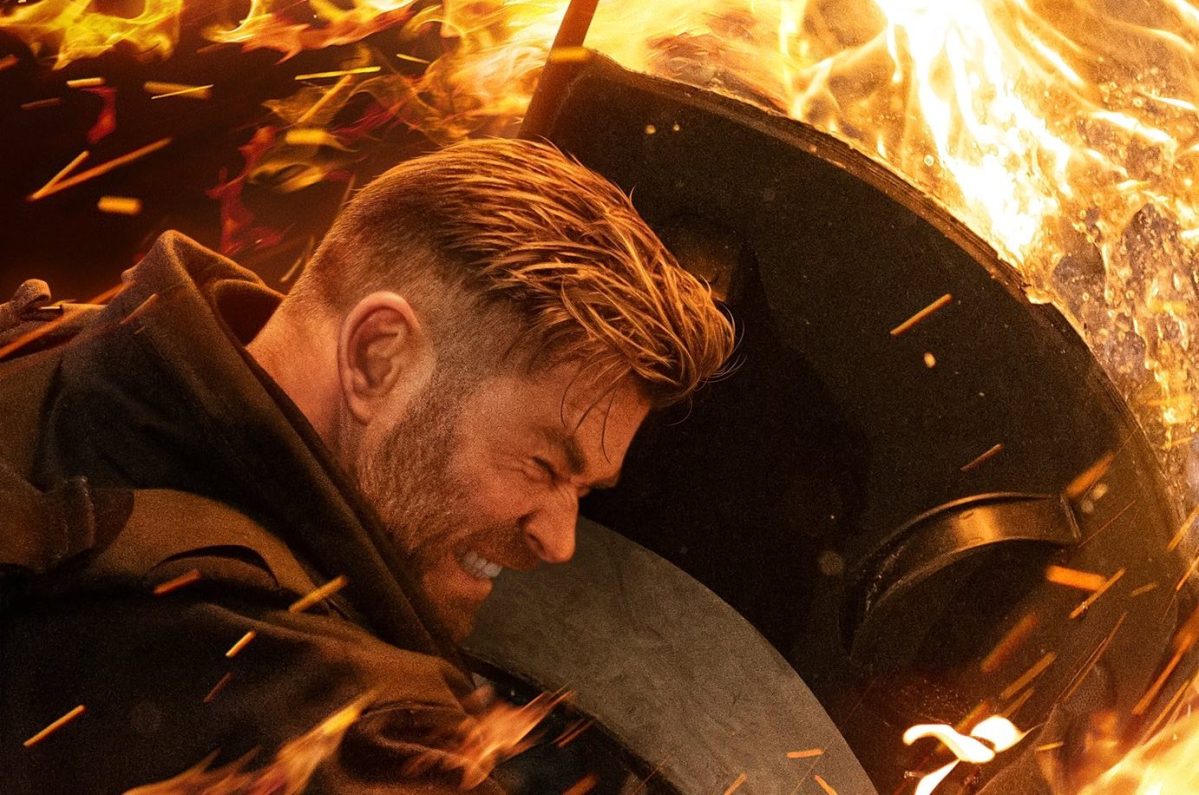Warning: The following review contains spoilers for The Acolyte Season 1, Episode 1, “Lost / Found,” and Episode 2, “Revenge / Justice.”
The Acolyte Season 1’s eight-episode run is barely underway, yet the Disney+ Star Wars show’s mission statement is clear: It wants to rewire how we think about the Jedi Order.
Related: What Is an Acolyte in Star Wars Lore?
For the longest time, Star Wars media portrayed the Jedi as an unequivocal force for good (pun fully intended). More recently, however, the likes of the Star Wars prequels and Star Wars: The Last Jedi have called the Jedi’s saintly status into question. Sure, they’re still better than the dastardly Sith. Yet increasingly, the Jedi’s moral superiority over their Dark Side-obsessed archenemies seems more by default than due to any extraordinary virtuousness on their part.
So, which of these opposing takes is true? According to The Acolyte showrunner, Leslye Headland, and her team, they both are.
OG Star Wars Gulped Down the Jedi Order’s Kool-Aid
A major undercurrent of the original Star Wars trilogy is how important it is to get the Jedi Order back up and running. It’s not just that Luke Skywalker needs Jedi training to defeat Darth Vader and the Emperor and overthrow the Empire — he also needs to be the first in a new wave of Force-wielding space cops.
Franchise creator George Lucas signposts this upfront in 1977’s Star Wars: A New Hope. Listen to how Obi-Wan Kenobi talks about the Jedi and their signature weapon, the lightsaber. The Jedi Knights are “the guardians of peace and justice;” their use of laser swords signifies “a more civilized age.” The subtext is clear: Things were better when the Jedi were still around. And when Luke finally promotes himself to Jedi Knight status in 1983’s Star Wars: Return of the Jedi, it’s said with undisguised pride. Being a Jedi is a badge of honor.
Related: What Is The Acolyte’s Rotten Tomatoes Score?
Admittedly, there are hints in the original trilogy that the Jedi aren’t always entirely above board. Obi-Wan lying to Luke about Darth Vader’s true identity in the hopes that he’ll eventually kill the guy, no questions asked, is beyond sketchy. Plus, the Jedi Master later admits that the current situation with Vader is largely his fault since he was cocky enough to train the future Sith Lord. But this is all swiftly handwaved — “a certain point of view” and all that jazz — and the original trilogy closes out extremely bullish on the Jedi Order.
And that’s how things stayed in the Star Wars novels, comics, video games, and everything else that followed over the next 16 years. The Jedi were the chivalric ideal — enlightened peacekeepers who used their Force powers for knowledge and defense. What’s not to love about that?
Jedi Order? More Like the “Jerk Order”
But then the prequel trilogy arrived with 1999’s Star Wars: The Phantom Menace — and the Jedi Order lovefest soon fizzled out. Sure, the Jedi are still the goodies across these three flicks. However, Lucas also presents the Order as a stuffy, bureaucratic organization that’s often maddeningly dispassionate. Its inductees are so afraid of the Dark Side that they spurn all emotional attachment — or at least, that’s what they claim.
In reality, the Jedi are massive hypocrites, espousing detachment while forming close friendships with their peers and associates. They’re also self-assured to the point of arrogance. Confronted with solid evidence of the Sith’s return, Jedi Council members Mace Windu and Ki-Adi-Mundi’s first move is to dismiss it. Luke Skywalker calls this attitude out later in The Last Jedi: “At the height of their powers, [the Jedi] allowed Darth Sidious to rise, create the Empire, and wipe them out,” he snarls.
Related: The Acolyte: Did the Star Wars Show Really Just Kill [SPOILER]?
Indeed, Luke’s jaded view of the Jedi as, effectively, a bunch of failures is a key part of The Last Jedi‘s story, even if writer-director Rian Johnson walks it back a bit by the end. Johnson wraps up The Last Jedi by suggesting that the Jedi Order wasn’t that broken and that a new breed of Jedi could avoid their predecessors’ mistakes. The film’s sequel, 2019’s Star Wars: The Rise of Skywalker, then doubled down on this pro-Jedi position. But even so, the contrarian seed was already planted.
That seed comes into bloom in The Acolyte. Many of the Jedi in the Disney+ series we’ve met so far are, to put it bluntly, jerks. They’re self-important, procedure-fixated, and generally a bad hang. What’s more, these Jedi — who hail from the Order’s High Republic era heyday — are even more inclined toward dodgy practices. We’re talking about potential crimes being covered up, reputation management trumping proper procedures, and more.
The key headline we’re left with is, “The Jedi: Are we sure they were good?”
Master Sol Embodies the Best and Worst of the Jedi Order

Or at least that would be the headline if not for Master Sol. With The Acolyte‘s characterization of this soulful Jedi Master, Headland unifies Star Wars‘ competing Jedi Order narratives. Yes, Sol is apparently complicit in whatever terrible crime the “Brendok Four” committed. And yes, he presumably helped sweep it under the Jedi Temple rug. Yet Sol often behaves exactly how you want a Jedi to behave. He’s not just a handy fighter; he’s warm, compassionate, and level-headed.
Related: What Is the Barash Vow in Star Wars: The Acolyte?
In short: Sol embodies the best and worst of the Jedi Order. Like the institution he represents, he’s deeply flawed, but his intentions are ultimately noble. Both Sol and the Order also achieve a lot of good — on balance, the galaxy is better with them in it. But that doesn’t mean either is beyond reproach. On the contrary, Sol and the Jedi Order need to hold themselves to account — and their tragedy is that they don’t. Even at this early stage, it seems clear that this is Headland’s point with The Acolyte: The Jedi weren’t bad; they just didn’t work hard enough at being good.
It’s a subtle shift in how we think about the Jedi Order. But it’s also utterly in keeping with everything Star Wars has told us — pro and con — about that ancient religion and its followers.
The Acolyte Season 1 is currently streaming on Disney+, with new episodes dropping Tuesdays.














Published: Jun 11, 2024 2:00 PM UTC